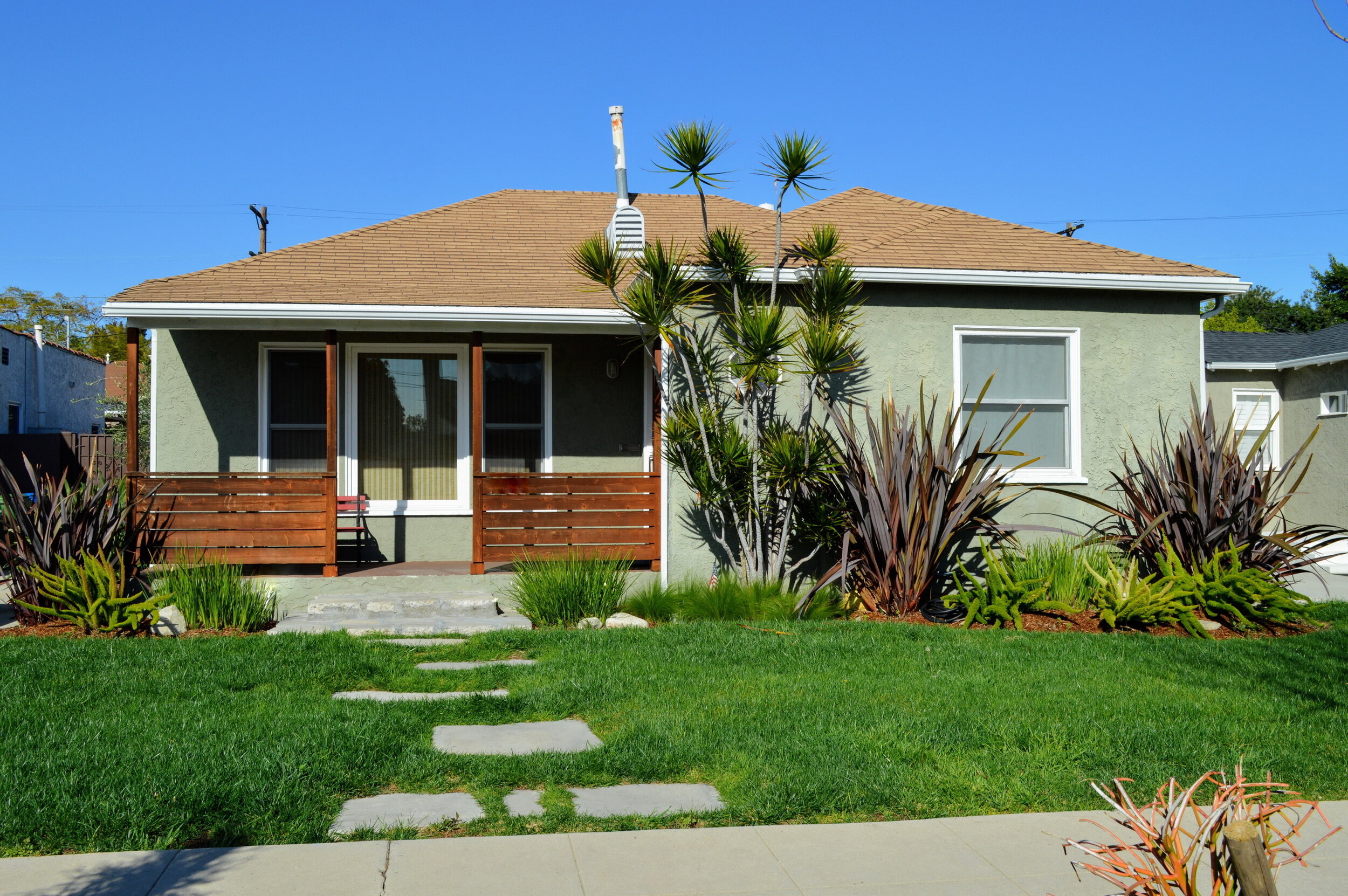
With the situation of California’s housing market in such disarray, an increasing number of people are considering establishing accessory dwelling units (ADUs) on their own land. After all, a secondary housing unit may give a parent or adult child a place to reside as well as a source of income when they are in desperate need. But what if your HOA discovers it? Can they stop you from building an ADU?
Homeowners Associations in California
In other words, there is no simple yes or no answer to this question. While HOAs have the right to establish rules for the sorts of building permitted inside their communities, they must nonetheless follow the laws of the states and municipalities in which they are located. California has a lot of restrictions in place to safeguard homeowners’ rights to build ADUs.
Assembly Bill 2215 of 2016 prohibits homeowners’ organizations from imposing unreasonable restrictions on property owners’ capacity to establish auxiliary dwelling units (ADUs) on their land. Senate Law 13, commonly known as the Accessory Dwelling Unit law, was passed in 2017 and streamlined the permitting procedure for building ADUs on private land. Finally, according to Assembly Bill 2406, which was passed in 2018, HOAs must allow the establishment of ADUs up to 1200 square feet in size.
ADUs Are Becoming Increasingly Popular
ADUs, or accessory dwelling units, are modest dwellings that share a lot with the main house. The condition of California, where soaring property prices and a shortage of suitable land have generated a need for more cost-effective housing choices, may be ascribed to the rising demand for such units. The ability to rent out ADUs on a long-term basis allows homeowners to generate money that may be put toward mortgage payments.
ADUs seldom require new construction or major repairs because of their typical placement in the back of houses or on smaller lots where there are no structures. As a result, in costly property markets, they might be a sensible and inexpensive choice for homeowners. In today’s competitive real estate market, installing an ADU might be the solution to your difficulties. However, before you can begin, you must first understand how things are constructed.
The Construction Methods Used
Building an ADU may be a time-consuming and labor-intensive operation. As a first step, investigate the applicable laws and zoning rules in your region, as well as the services provided by the builder you’ve picked. Hiring a competent ADU building firm, such as Acton ADU, allows you to work directly with the business’s team to ensure that your ADU is created to match your wants and tastes. You may rely on their designers’ experience to help you develop a bespoke building that properly complements your current home.
Their experience and skill will ensure the lifespan of your new ADU. Acton ADU will help you achieve your idea for a beautiful and efficient ADU, whether you want a basic and minimalist design or an exciting addition to your home’s living area. Please click here for more information on their methodology.
How Do California HOAs Regulate ADU Construction?
Homeowners’ associations in California can be restricted when it comes to the development of auxiliary dwelling units. Minimum and maximum lot sizes can be established, and certain construction materials can be prohibited. Some homeowners’ organizations even have restrictions on how loud parties may be or if pets are permitted.
However, homeowners have many options for circumventing these limits. For example, the homeowner might discuss the proposed ADU project with the HOA and seek approval for it. Alternatively, they might consult with an HOA lawyer to contest the limits on their property. Homeowners in California who are proactive and take the appropriate procedures to interact with their HOA may be able to avoid or avoid complications while developing an ADU.
How to Determine Whether Your Homeowners’ Association Will Permit an ADU
The first step in deciding whether or not to install an ADU on your property is to obtain approval from your housing association. Before beginning construction, be sure that the HOA laws in your selected area allow for the building of an ADU. To learn more about the restrictions that relate to you, visit the HOA’s website or contact a representative directly. Please speak with an ADU-experienced real estate agent; they may be able to throw light on local zoning rules and identify reputable builders that specialize in creating secondary structures such as ADUs.
Studying and planning for an ADU may assist in guaranteeing that you have the freedom and resources to design a room that fulfills your needs while also complementing the natural surroundings of your property. As a result, if you’re serious about determining if an ADU is a realistic alternative, you should get started right immediately.
Methods for Obtaining HOA Approval for Your ADU
When planning the building of an ADU in the City of Santa Clara, CA, it is critical to collaborate closely with your HOA. Here are some ideas to assist you in going through this procedure as fast and simply as possible:
- In your contacts with the HOA, be upfront and honest. The more transparent and open you can be about your aims, the easier it will be for them to understand what you’re going towards. As a result, they are more inclined to provide their approval and blessing.
- Thoroughly investigate all zoning and planning requirements. Prior to commencing the process, it is critical that you are aware of the constraints imposed by your HOA since your HOA may have criteria or limits that must be met in order for your project to be approved. It’s also a good idea to check with a professional architect or builder to ensure your ADU is up to code.
- In terms of expectations, you should aim for a reasonable starting point. Before obtaining HOA permission, it is critical to avoid getting overly attached to a certain design or concept, as this may impair your ability to work closely and effectively with them during the application process. You’ll have a far higher chance of finding common ground with your association and developing a solid relationship with them if you have an open mind.
Closing Remarks
Even if your HOA isn’t delighted with the idea, they generally will only be able to stop you from building an ADU if you follow all of the rules. California has a lot of restrictions in place to safeguard homeowners’ rights to build ADUs. Your HOA should only object to your ideas if they comply with these rules.







